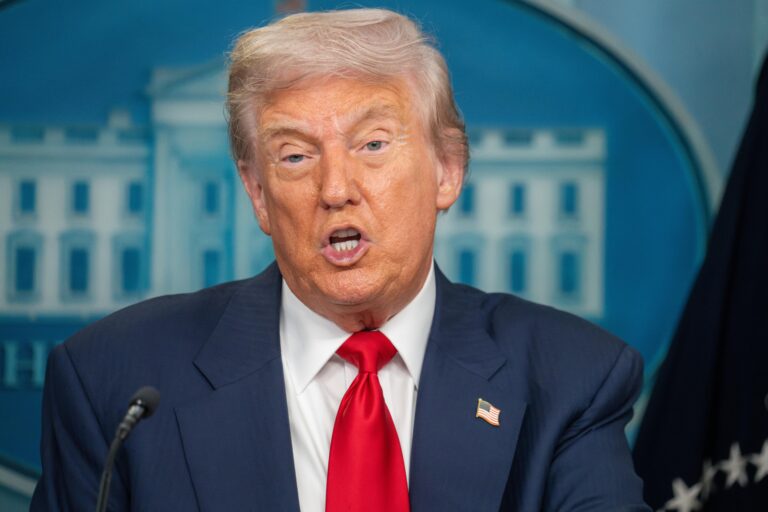A surprise phone conversation between US President Donald Trump and Russian President Vladimir Putin on Thursday has shaken Ukraine’s leadership. The two agreed to meet soon to discuss the war in Ukraine, catching Kyiv completely off guard.
The call came as Ukraine endured another devastating wave of Russian attacks. In just 24 hours, Moscow launched dozens of missiles and more than 300 drones at various targets. Civilian infrastructure suffered again, damaging gas pipelines as the first cold days signal another harsh winter. Widespread power cuts now plague cities and towns across the country.
Moscow strikes harder as its position weakens
For officials in Kyiv, the relentless attacks reflect Russia’s growing desperation. The frontlines remain locked, with enormous losses for minimal territorial change. Meanwhile, Ukraine’s drone strikes on Russian oil depots continue to disrupt Moscow’s economy.
President Volodymyr Zelensky had been counting on his Washington visit to secure new US weapons and funding. Before boarding his flight, he sounded confident. He suggested that Trump was beginning to understand Ukraine’s struggle—a striking shift from their fiery Oval Office meeting in February when Trump accused him of “gambling with World War Three.”
The Tomahawk deal that could change everything
After the failed Trump-Putin summit in Alaska and the surge in Russian attacks, Kyiv believed Trump was losing patience with his “good friend” Putin. Zelensky’s team hoped Friday’s meeting at the White House would bring long-range Tomahawk missiles.
Trump’s tone last weekend seemed to back that hope. “Do they want Tomahawks going in their direction? I don’t think so,” he said. Yet military analysts warn that the missiles might take months to arrive due to complex logistics.
Even so, Tomahawks would give Ukraine a new strike capability and send a powerful message that Washington’s support for Kyiv was deepening.
A phone call mid-flight shifts the mood
Trump and Putin spoke for two and a half hours while Zelensky’s plane was in the air. The timing robbed him of his diplomatic spotlight. Still, Zelensky stayed composed. Upon landing, he said Russia was “rushing to renew dialogue” because of the growing talk about Tomahawks.
Others saw it differently. The Kremlin said Moscow had requested the call. Putin warned Trump that deploying Tomahawks would be seen as a major provocation. Both men also discussed what Russia described as “colossal trade prospects” if peace talks succeeded.
They agreed to hold a summit in Hungary within two weeks. Trump later called the conversation “very productive.”
Winter arrives with more uncertainty
As Ukraine heads into its fourth winter of war, few citizens believe Trump can bring peace. One woman, injured in a Russian missile strike on a train carriage, summed up the public mood from her hospital bed: “A person like Putin can’t be trusted.”
After landing in Washington, Zelensky met with executives from defense companies that produce the advanced weapons he says Ukraine urgently needs. He will still ask for Tomahawks, though his prospects now look far weaker.
The endless cycle of persuasion
Each time Trump grows frustrated with Putin, the Russian president manages to sway him back. A single conversation often cools tensions and slows tougher action.
The planned Hungary summit, offered without any new conditions, doesn’t suggest US patience is running out. For now, Ukraine’s hopes for long-range missiles are fading fast. Instead of a breakthrough, Zelensky faces another diplomatic setback—delivered not by a missile strike, but by a phone call.


